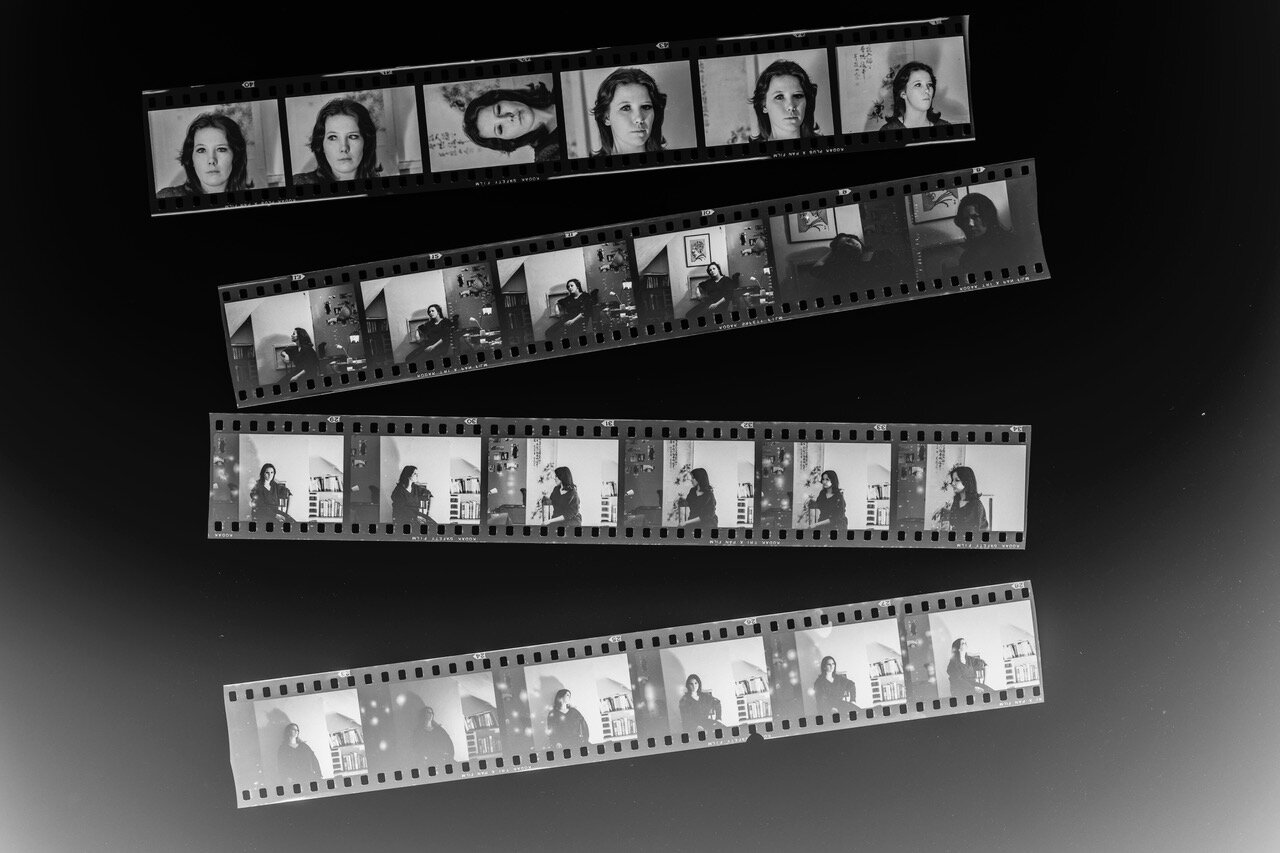
MODERATOR: Would you take a minute and talk about the different Shibai in your book?
DON MITCHELL: Well, some of it is self Shibai. If we go back to the Japanese definition of a play or a drama, I came to realize that I had constructed my own drama about what had happened. I didn't see it that way for a long time. When I was thinking about Shibai, I was thinking about other people in the Hawaiian sense, confusing me or telling lies or dissembling. And I didn't see that the other meaning of it was right there in front of me -- that I constructed this dramatic play with Jane and me and the other people in it. And I made something that I was comfortable with. Then I didn't have to question, necessarily. I didn't have to worry about anything. So I performed a kind of Shibai on myself. [...] That's why I thought it would be a good title.
I found out a few things about memory that those of you who are not old, you may encounter this when you get a little old. But one of them is that you forget things. So, that's not even interesting because, who doesn't forget things?
But the other thing that struck me was: wrong memories. I don't want to call them false memories, but believing that something had happened, and it didn't happen that way. I wouldn't have had any way of knowing that until I saw Becky's book or, actually, until the fact checker Sameen Gauhar asked me a few questions. [...] But then it all turns out, well, maybe I didn't get it wrong. Maybe the police got it wrong. You know, maybe the stenographer transcribed the tapes wrong, or maybe there was noise. Once you enter that phase, you go down the rabbit hole.
But Becky at least was able to work with people who had encountered the same thing, who came away with different memories of it. And then the question is, well, ‘Who ... did I get this wrong? Did the other person get this wrong?’
There was an incident in which Jill Nash and I went into Jane's apartment to get clothes, at her mother's request, to get clothes in which she would be buried. And even now I remember how heartbreaking that was. It seemed strange and heartbreaking at the same time. We're in here going through her dresser, finding clothes for her to be buried in. And so that, for me, was a memory that has stayed with me all these years. But it would seem, from what Sameen found out, that I'm the only one who has that memory. Now that's interesting to me.
And one of the things I remember was being grilled by the police. And yes, I remember the media. At one point the book, I say, 'What you went through was nothing compared to other suspects, other policemen, other interview rooms.' Nobody beat me up. Nobody held me for 48 hours without contact. And yet, my memories of those events were strong and negative. But then as I looked at them from 50 years later, I think it wasn't really that bad. Sometimes I had to say to myself, 'You know what? It wasn't really that bad. You just remember that it was.'
What I learned and had to come to terms with, and how to write about it and how I felt about it, was having remembered things incorrectly. Having been quite certain that something happened in one way, but it didn't ... or, wait a minute, maybe it did.
“I constructed this dramatic play with Jane and me and the other people in it. And I made something that I was comfortable with.”
